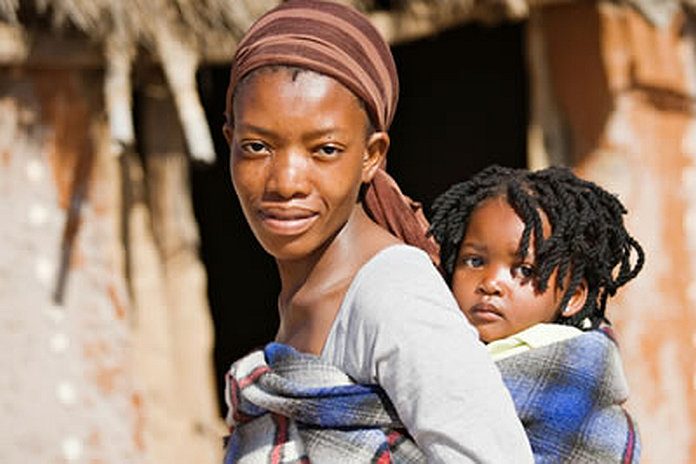By Dr Mukhisa Kituyi, Secretary-General of UNCTAD
On November 12, 2019, I spoke at the Nairobi Summit marking the 25th anniversary of the International Conference on Population and Development (ICPD) on how we can leverage the reach, ingenuity and financial power of the private sector to accelerate progress towards fulfilling the promise of ICPD and achieving the Sustainable Development Goals,( SDGs).
At a time when the UN system reforms are bringing the three pillars of sustainable development more closely together, it is important to highlight the persisting need for a more inclusive and sustainable model of growth and development.
In 2014, The United Nations Conference on Trade and Development (UNCTAD) calculated that UN member states face an aggregate US$2.5 trillion annual shortfall in meeting the investment needs of the Sustainable Development Goals (SDGs). We are proud that the UN still uses this figure to illustrate the magnitude of the challenge.
Having said that, it’s still important to recall our rationale for undertaking this calculation in advance of our 2014 World Investment Forum – moving “from billions to trillions.” We need all hands-on deck and the private sector is a crucial partner.
Collaboration across societal sectors is one of the key factors for a successful implementation of all SDGs. The private sector and governments haven’t forged enough partnerships – particularly in the sectors and countries that need it most. This is particularly grave for issues related to women’s and maternal health.
In our recent SDG investment trends monitor, we found that in six out of ten of these sectors (transport, telcoms, food, agriculture, climate mitigation and health) investment has increased while two sectors (power and climate adaptation) have seen investment stagnate and two (water and sanitation and education) have seen investment slow down!
This global overview might seem broadly encouraging, but the investment made is far too little and very worrying from the point of view of women’s and maternal health.
As a way of example, of the ten sectors that we examined, three sectors stand out as particularly relevant:
- Health
- Water and Sanitation
- Education
Clearly, improvements in health don’t make up for declines in the sanitation and education sectors! And it is hardest to effectively employ private sector resources at scale in these sectors, among others.
Another important caveat about the increased capital investment observed in health infrastructure is that it still represents only a tiny fraction of overall health expenditure, which is mostly dominated by operational expenditures.
This means that private sector participation will forcibly remain limited in all but the most developed of developing economies. Our current estimates show that only 20% of current investment in this sector is private in nature. And most of the growth we have seen has been limited to China.
Maternal mortality, unmet family planning needs of women, and gender-based violence are all important barriers to countries gainfully benefitting from integration into the world economy.
Indeed, to upgrade a country’s economic structure and move from low-productivity to high-productivity activities that engender structural transformation, the discriminatory norms that lead to women’s lack of agency and access and the threats to their physical integrity stand in the way of meaningful change.
These practices and discriminatory norms can also be exploited by processes of globalization so that women in fact become among the people most abused by liberalization of the economy.
UNCTAD’s work with female cross-border traders on gender mainstreaming of regional trade agreements as well as on women empowerment in the digital economy have all shown that maternal mortality, unmet family planning needs and gender-based violence are intrinsic barriers to women’s effective and meaningful participation in trade.
Policy has a key role to play in ensuring that not only do strategic private partners help finance improvements in maternal and women’s health, but also that policymakers and the international community play a role in showing the private sector why that investment is worth their time and effort.
To this end, we must continue to create opportunities for active cross-collaboration with the private sector in order to fill the funding gaps for women’s and maternal health and address the development challenges facing the poorest countries for a more inclusive implementation of Agenda 2030.





